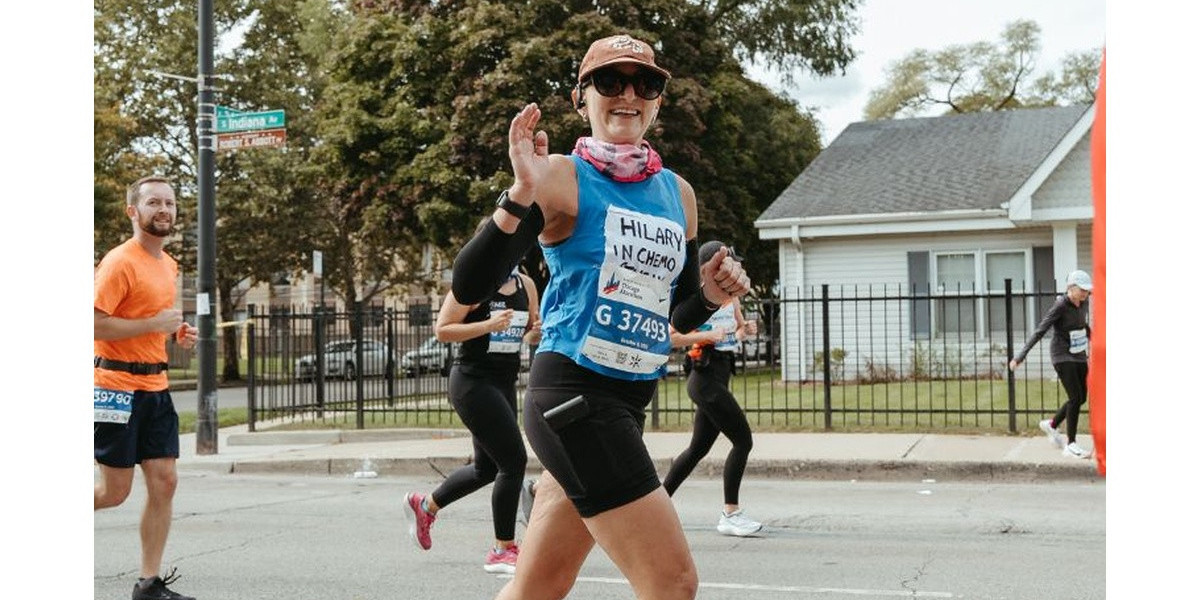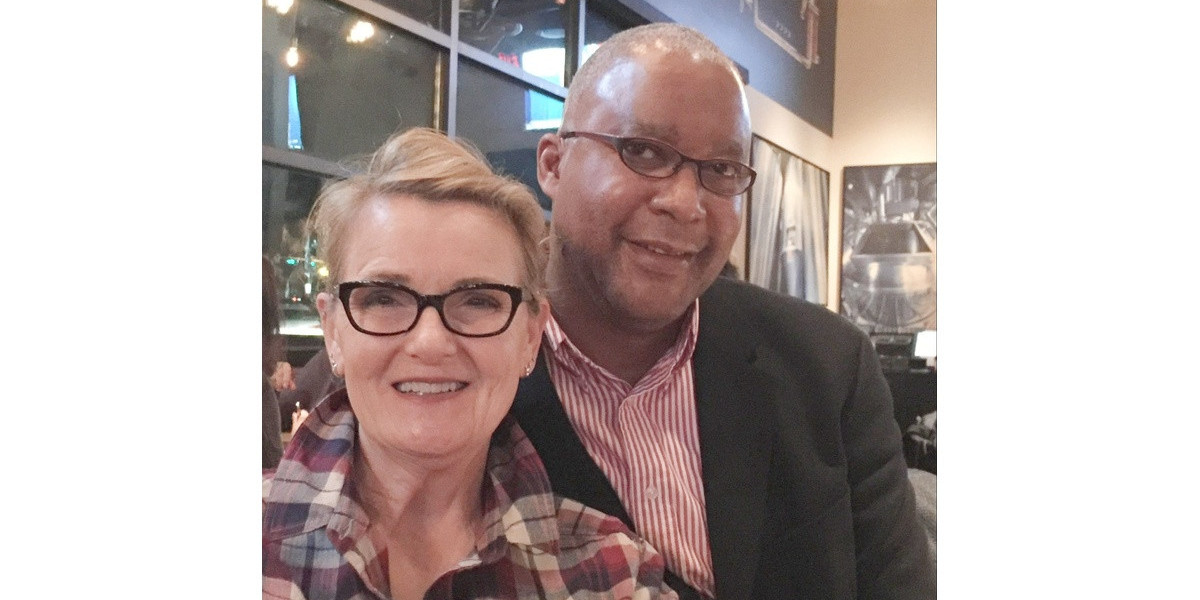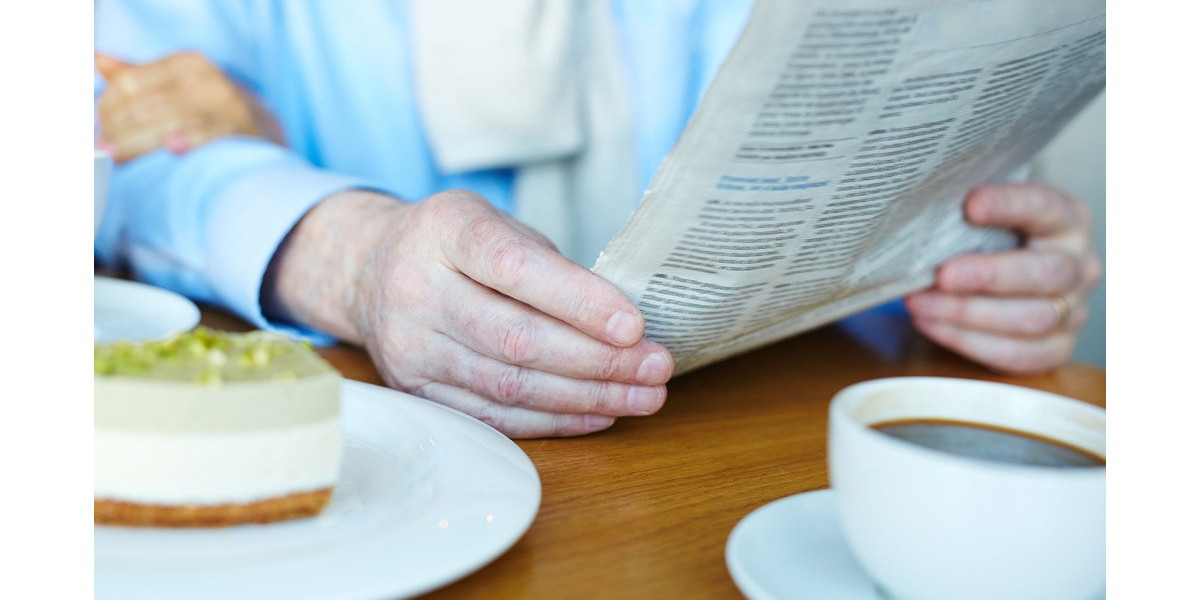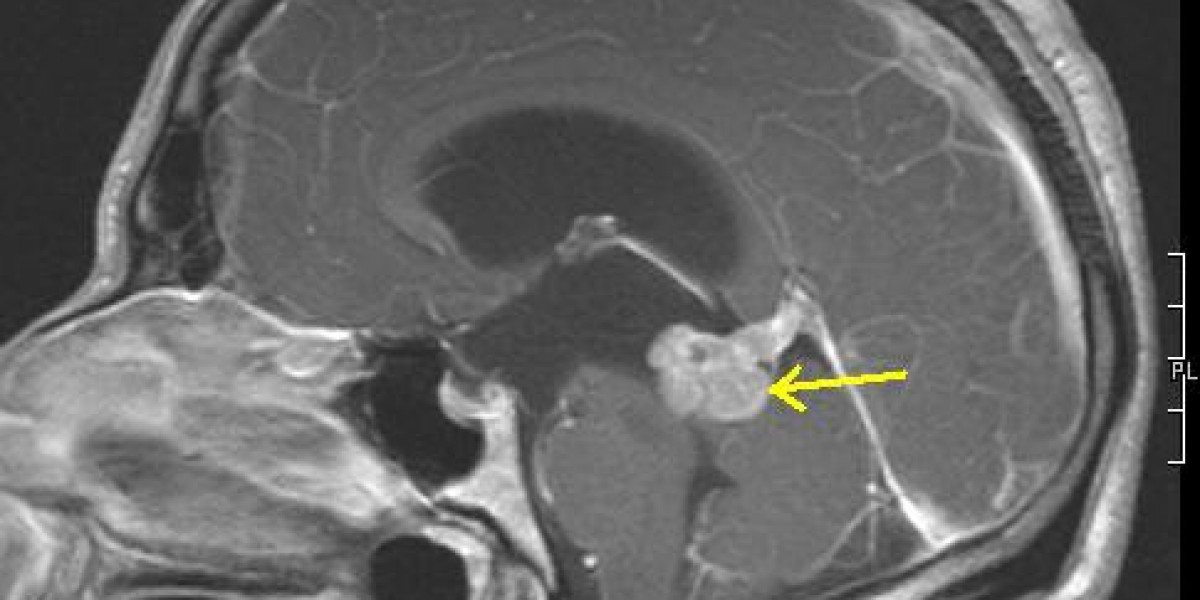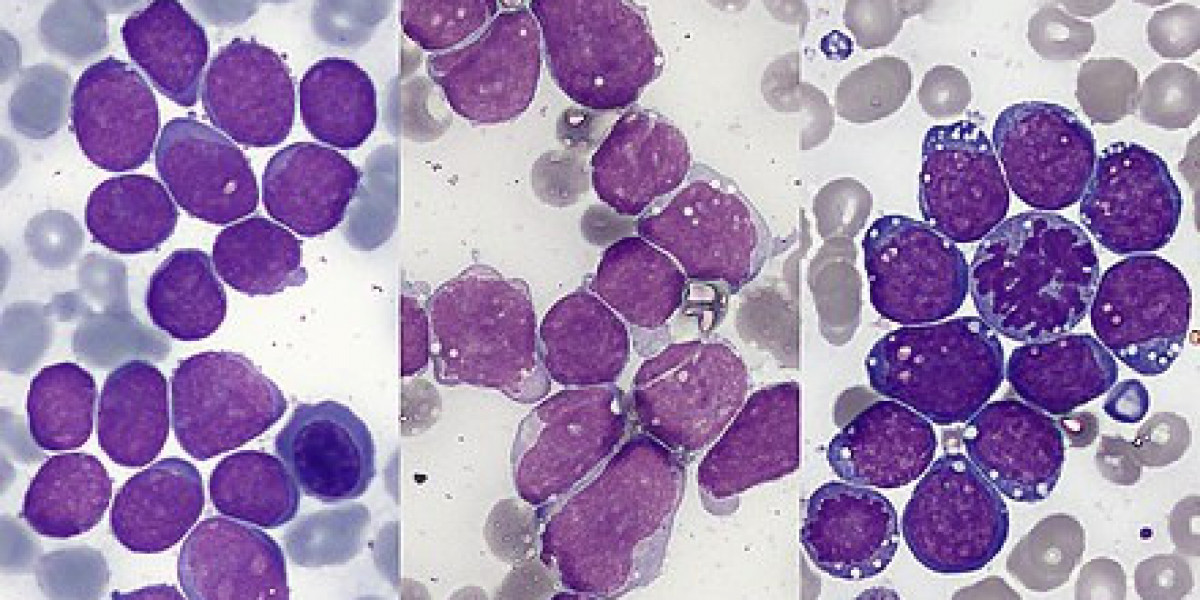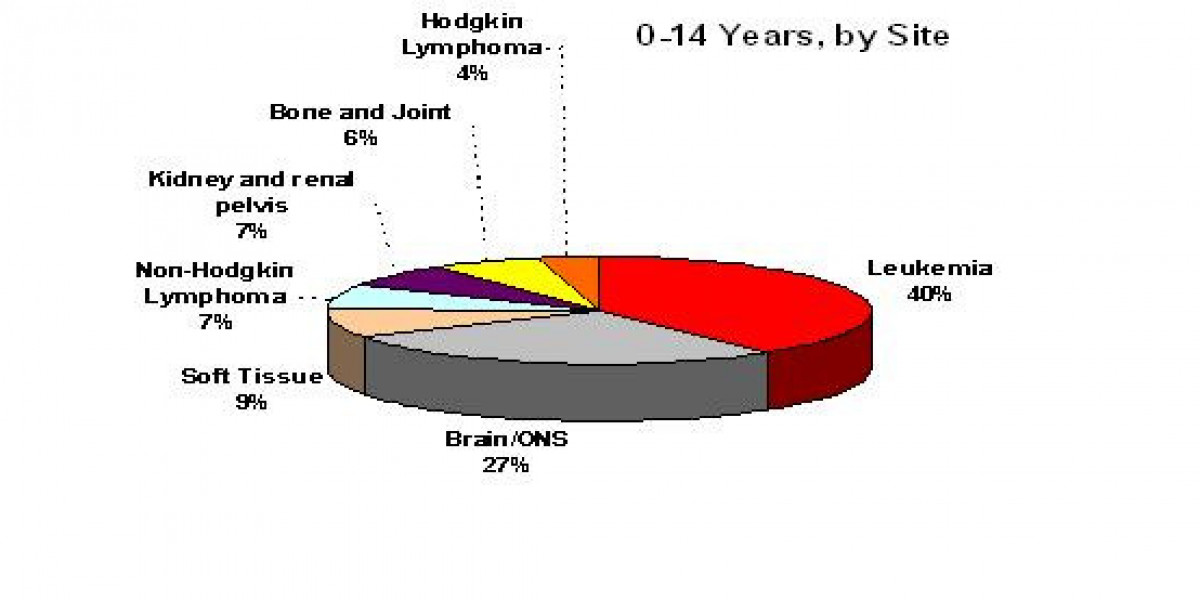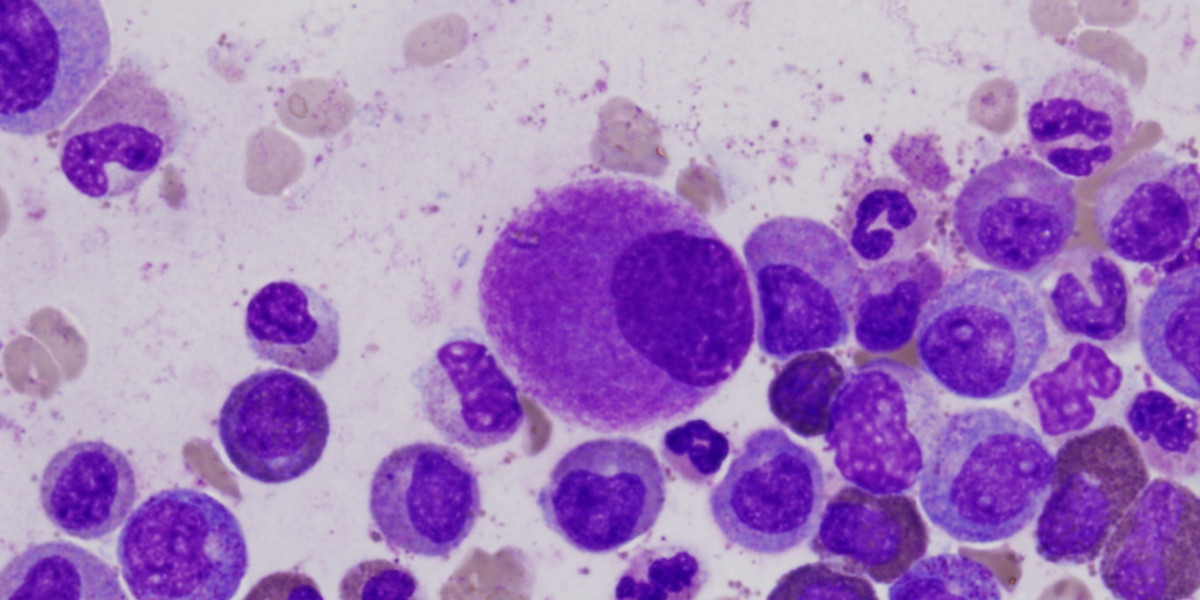Blogs>Passion for running builds control and strength after MBC
Goals and motivation: How Hilary Weckstein stays driven through physical activity
In 2011, seven years after being diagnosed withearly-stage breast cancerat age 24, Hilary Weckstein found a new passion: running forexercise. The sport would benefit her health, she believed, and help her lose the weight she had gained duringchemotherapyandhormone therapy.
Then her siblings decided they should all train for a marathon. After that, Hilary began running regularly. “I always feel better when I run,” she says. “It’s how I blow off steam. It’s how I relax if I had a bad day at work.”
Hilary lives in Washington, D.C., where she enjoys running on city streets as well as at a nearby park. She works remotely as general counsel for a healthcare data analytics company.
In 2020, fueled by pandemic-created isolation, Hilary became even more dedicated to her favorite physical activity. “I’ve been running almost every day since then,” she says. “Running was really my only social activity for the pandemic because you could see people outside.”
She raced in virtual marathons, where participants run separately from each other. During races that autumn, she felt increasing pain in her body as she ran. “I didn’t know at the time that I had multiple fractures in my spine from tumors,” she says.
It was November 2020 when Hilary learned her cancer had returned, and she hadmetastaticbreast cancer. She had run her last virtual race with a broken back. “I figured out what was wrong with me a little bit sooner,” she says, “because I was running.”
Anytime I have a setback, I'm grateful when I can run again.
Hilary Weckstein
By the time Hilary received her MBCdiagnosis, her pain was so strong she couldn’t walk for a month. She started chemotherapy, and by early February 2021 she was back to running regularly.
Whether to run again or not was never a question. “I cut back on my speed and got a lot slower, but I kept running all the way through chemo, even with the littlemedicinedispenser on my arm,” she says.
Running helped her better tolerate side effects, such asfatigue. “It was the one thing I felt I had control over. I could go out and go for a run.”
She is now on her third line of chemotherapy since the MBC diagnosis. Side effects can disrupt her plans. Sometimes she feels too sick to even walk. Her iron levels can drop so low that she’s too light-headed to run.
Breast cancerprogressionto her brain affected her balance, so she tripped a lot, but kept running. Both of her femurs broke as aside effectfrom one drug, and she couldn’t run until she had recovered fromsurgeryto repair the bones.
Hilary’s chemotherapy also causes her to lose her appetite, something that didn’t happen after her original diagnosis 20 years ago. That trouble eating results in weight loss, diminished strength, and fatigue. She tries to push through and eat, to fuel her body so she can return to running.
“Anytime I have a setback, I’m grateful when I can run again,” she says. “My progress [after a setback] is never linear. I'll get stronger, and then I'll get really weak, and then I'll get stronger again.”
Despite those challenges, she gets up early and runs five to eight miles on workdays, with a longer run on weekends. When she’s training for an event, such as the upcoming New York City Marathon in November (training starts in August), she runs more than her average 40 to 50 miles each week.
Running doesn’t seem like a chore to her, she says, because it has become something she wants to do. “I relax when I run and don’t think about the bigger problems in my life. It makes me feel more like everybody else, that I can still do it,” she says.
Hilary describes herself as a planner and Type A person, which helps in maintaining a regular activity schedule. She sets goals to frame what she wants to accomplish and to keep herself motivated.
Her overall goal is to have at least one daily workout. That’s often running, but she also has been weightlifting for about five years. She started lifting to learn how to do a pull-up. That exercise takes lots of muscle strength and is difficult for many people, especially women.
She lifts weights twice a week with a trainer in a gym and works out there one other time weekly. Weightlifting gives her physical benefits, she says, and provides structure through a schedule. As with running, Hilary doesn’t think about anything else when she is lifting weights.
Recently, she completed a full year of running every day. There were a few days when she didn’t feel like running but did it anyway, because she was almost at the one-year mark. She went past her goal by several weeks until a day when she felt too sick to run.
Annually, Hilary creates a list of 10 to 15 goals she wants to accomplish. Those include things such as visiting three new places or achieving a specific running time in a marathon.
Over the years, Hilary’s friends and acquaintances have connected her to people recently diagnosed with breast cancer who want to ask her advice. After receiving her metastatic diagnosis, however, those talks dropped off. “I feel like people often don’t want my advice now,” she says, because of herstageIV status.
Yet she continues to provide help. “Being there for other metastatic people is one of my motivators,” Hilary says. As one ofLBBC’s Hear My Voice Metastatic Advocates, she uses personal advocacy to speak with people about MBC and share her story. She also works on scientific and research issues, as well as legislative and policy efforts, to improve treatment approaches and care.
Through a project with theNational Breast Cancer Coalition (NBCC), she lobbied for the Metastatic Breast Cancer Access to Care Act, to shorten the waiting periods for people with MBC to qualify for Social Security Disability Insurance andMedicare. Hilary anticipates becoming involved with at least one more lobbying campaign this year.
Combining both her running life and interest in aiding others, Hilary volunteers withBack on My Feet, an organization that helps people who live in shelters or recovery facilities. Volunteers run or walk regularly with program members to support their personal work towards self-sufficiency.
“The guys inspire me to get out of bed and show up for them,” says Hilary. “I’m open about my health struggles so they know if I can show up, they can do it too.”
Editor’s Note: It's important to note that this blog post is a personal account of one individual's experience with metastatic breast cancer and running marathons. Every person's journey with cancer is unique. If you're considering starting an exercise program, please consult with yourhealthcare providerto determine what's best for you. OurBeACTive Exercise seriesoffers a variety of workouts designed specifically for individuals after a breast cancer diagnosis. Remember, small steps can lead to significant progress.
DISCLAIMER:
The views and opinions of our bloggers represent the views and opinions of the bloggers alone and not those of Living Beyond Breast Cancer. Also understand that Living Beyond Breast Cancer does not medically review any information or content contained on, or distributed through, its blog and therefore does not endorse the accuracy or reliability of any such information or content. Through our blog, we merely seek to give individuals creative freedom to tell their stories. It is not a substitute for professional counseling or medical advice.
This article was supported by the Grant or Cooperative Agreement Number 1 U58DP006672, funded by the Centers for Disease Control and Prevention. Its contents are solely the responsibility of the authors and do not necessarily represent the official views of the Centers for Disease Control and Prevention or the Department of Health and Human Services.
Metastatic
Metastatic breast cancer describes a type of breast cancer in which the cells have broken away from their original location to form a new tumor in different tissue or a different organ.
Metastatic breast cancer to the brain
Metastatic breast cancer to the brain is one of the most common locations breast cancer can spread to.
Living with Metastatic Breast Cancer
Living with a metastatic breast cancer diagnosis can be overwhelming, but there are many ways to adapt to your situation and find the support you need.
Living well with metastatic breast cancer
A metastatic breast cancer diagnosis can be one of the biggest challenges of your life, but there are many ways to continue living well emotionally and physically.
Tests for metastatic breast cancer
Many different tests can be involved in a metastatic breast cancer diagnosis. These tests can confirm the extent of the cancer and determine the most effective treatments.
Circulating tumor cell (CTC) tests
Circulating tumor cell (CTC) tests can help monitor whether treatment is working or if breast cancer has metastasized.
Diagnosed with metastatic breast cancer
Hearing the words “You have metastatic breast cancer, and you will need ongoing treatment” can be traumatic. On this page, we’ll help you begin to make sense of your diagnosis, treatment options, and sources of support.
Datopotamab deruxtecan
Datopotamab deruxtecan (Datroway) is approved to treat hormone receptor-positive, HER2-negative metastatic breast cancer. It is an antibody-drug conjugate, a treatment that delivers chemotherapy directly to cancer cells.
Hormone receptor-positive MBC
Learn more about hormone receptor-positive metastatic breast cancer, which means the stage IV breast cancer is hormone-sensitive.
Inavolisib
Inavolisib (Itovebi) is a new targeted therapy shown to reduce progression of certain hormone receptor-positive, HER2-negative, PIK3CA-positive metastatic breast cancers.
Sign up to receive emotional support, medical insight, personal stories, and more, delivered to your inbox weekly.
We'll send support straight to your inbox.
Robin Warshaw
Hilary Weckstein
Tagged:
Was this page helpful?
Living Beyond Breast Cancer is a national nonprofit organization that seeks to create a world that understands there is more than one way to have breast cancer. To fulfill its mission of providing trusted information and a community of support to those impacted by the disease, Living Beyond Breast Cancer offers on-demand emotional, practical, and evidence-based content. For over 30 years, the organization has remained committed to creating a culture of acceptance — where sharing the diversity of the lived experience of breast cancer fosters self-advocacy and hope. For more information,learn more about our programs and services.
Living Beyond Breast Cancer
40 Monument Road, Suite 104
Bala Cynwyd, PA 19004
©2025 Living Beyond Breast Cancer
Originally published on The Patient Story: https://www.lbbc.org/blog/passion-for-running-builds-control-and-strength-after-mbc
